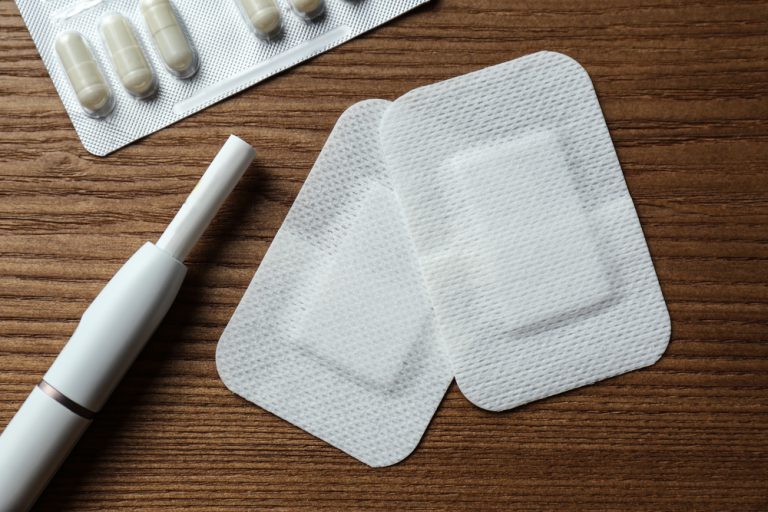1: What is “sleep hygiene”?
The term sleep hygiene refers to the practices that people undertake that affect their sleep experiences. Sleep has been proven to have an outsized impact on the quality of life and therefore the sleep hygiene you practice is very important.
2: What are some behaviors typically associated with poor sleep hygiene, and how do people acquire these habits?
Being overly stressed, consuming large amounts of caffeine or drinking too much alcohol, can all contribute to poor sleep hygiene. In addition, not sticking to a predictable schedule that allows for quality sleep can cause poor sleep practices.
3: What are some of the benefits of good sleep hygiene? How can improving it impact your life?
Benefits of good sleep hygiene include better cognitive function, improved mood, a strengthened immune system, and lower risk of chronic health conditions like heart disease and diabetes. People who can improve their health through good sleep hygiene can often live longer and happier lives.
4: Can you name a few simple routine changes that could improve your sleep hygiene?
It is highly recommended that people ensure their bedroom is a relaxing place to be and to fall asleep, which usually means that it should be quiet and dark and at a comfortable temperature. For those struggling with achieving good sleep hygiene, the Centers for Disease Control and other experts recommend that we remove all electronic devices with screens from our bedroom. It also helps to avoid a routine that involves large meals, caffeine, and alcohol, especially in the hours before bedtime. Practicing relaxation techniques can also be very helpful when working to improve the quality of your sleep. These relaxation techniques include yoga, meditation and deep breathing.






